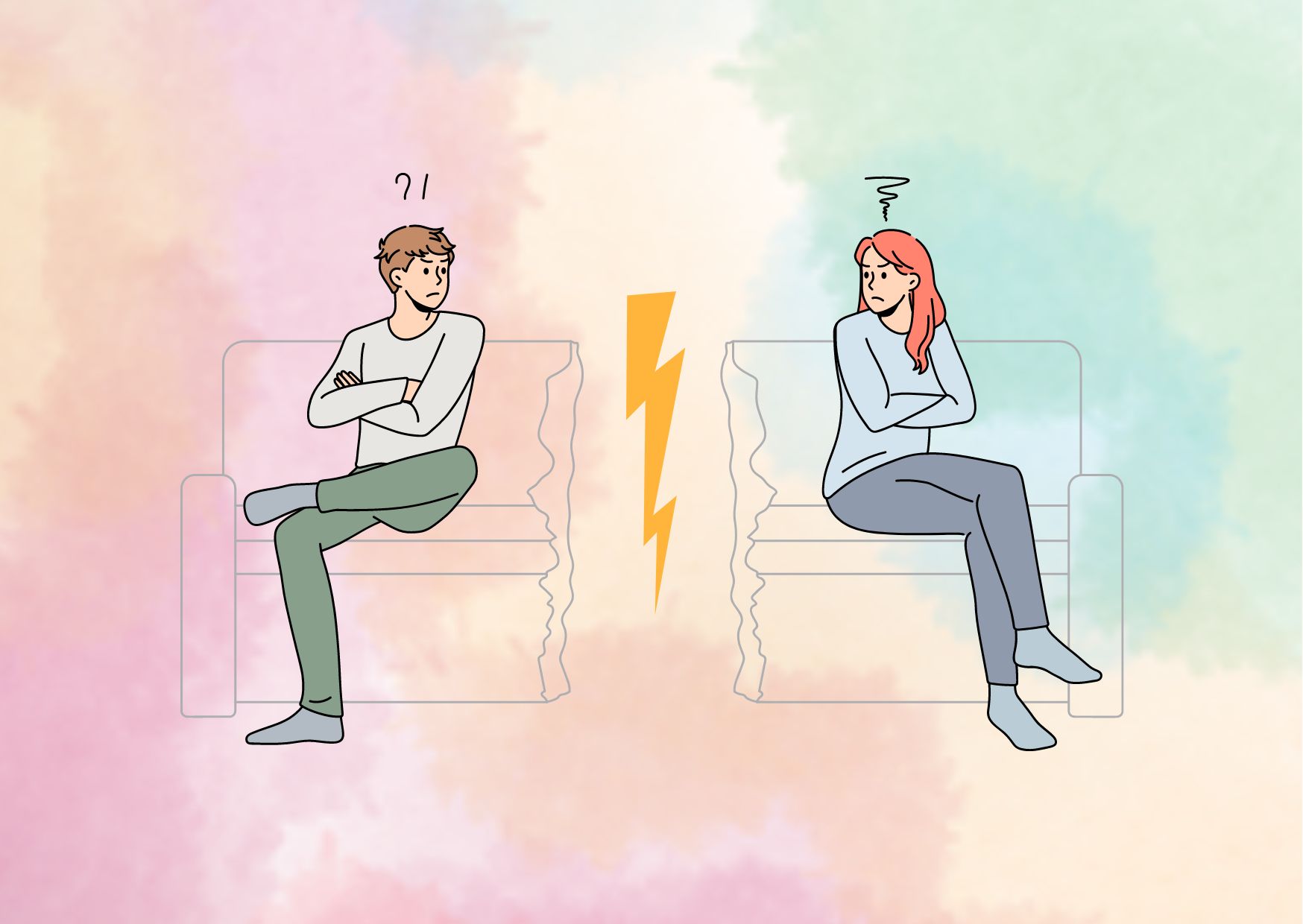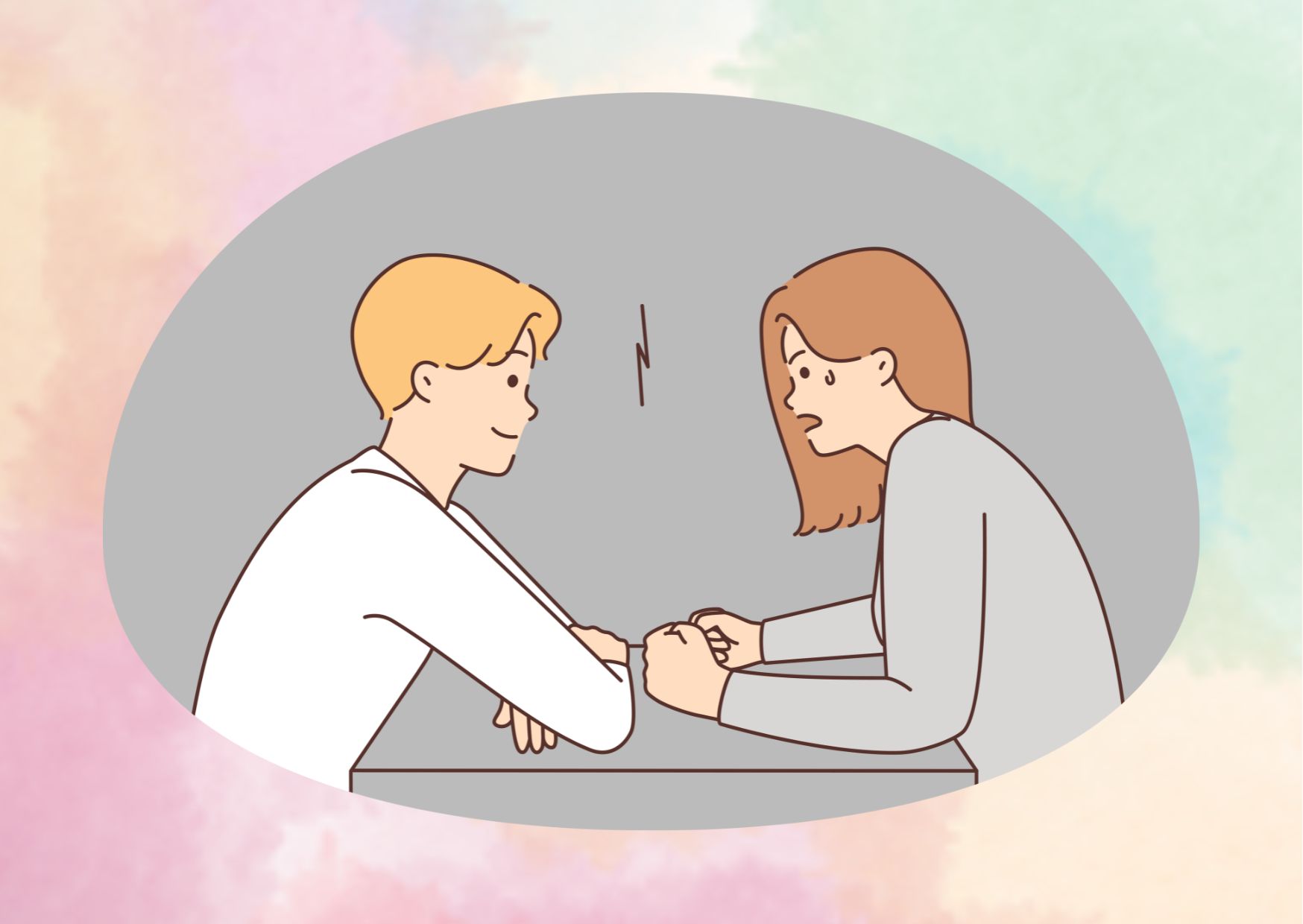Top 5 Mistakes to Avoid in Post-Argument Cooling-Off
Arguments in relationships are inevitable, but how couples handle the aftermath can make or break their bond. The cooling-off period after a heated dispute is crucial for emotional recovery and relationship healing. However, many individuals make common mistakes during this time, leading to prolonged tension and unresolved issues. Understanding these pitfalls is essential to maintain healthy communication and foster a stronger connection with one’s partner.
This article explores the top mistakes to avoid in post-argument cooling-off periods. It sheds light on the importance of managing emotions, refraining from impulsive actions, and practicing self-care. Additionally, it discusses the significance of taking responsibility for one’s role in the conflict and offers effective strategies to calm down after an argument. By addressing these aspects, couples can learn to navigate disagreements more constructively and build a more resilient relationship.
Understanding the Importance of Cooling-Off Periods
Cooling-off periods after arguments in relationships have a significant impact on emotional recovery and relationship healing. These periods serve as crucial intervals for partners to process their emotions, reflect on the conflict, and prepare for constructive resolution. Understanding the importance of these cooling-off periods can help couples navigate disagreements more effectively and maintain a healthier relationship dynamic.
Benefits of Taking a Break
Taking space after a fight has several advantages for both individuals and the relationship as a whole. One of the primary benefits is that it allows partners to calm down and gain perspective on the situation. When people are worried or angry, they often experience heightened emotions that can cloud their judgment and lead to impulsive actions. By stepping away from the conflict temporarily, couples can think more objectively about the argument and its underlying causes.
A cooling-off period also demonstrates respect for each other’s boundaries and feelings. It gives both partners the opportunity to take charge of their emotions and decide when they’re ready to address the issue calmly. This mutual respect can ultimately enhance trust and intimacy in the relationship, as both individuals feel heard and valued.
Moreover, taking a break prevents partners from saying or doing things they might regret later. In the heat of an argument, it’s easy to let emotions take over and make hurtful statements or rash decisions. The 3-day rule after an argument, for example, is a common practice where couples agree to take a short break from each other following a heated disagreement. This time apart allows feelings to settle and provides an opportunity for both parties to gain perspective before attempting to resolve the issue at hand.
Psychological Impact of Immediate Reactions
Understanding the psychological impact of immediate reactions to conflict is crucial in appreciating the value of cooling-off periods. Initial reactions to trauma or intense arguments can include exhaustion, confusion, sadness, anxiety, agitation, numbness, and blunted affect. These responses are often driven by biological processes that prepare the body for potential threats.
One such process is hyperarousal, which is the body’s way of remaining prepared for danger. It can manifest as sleep disturbances, muscle tension, and a lower threshold for startle responses. This state of heightened alertness can persist long after the initial conflict, making it difficult for individuals to engage in calm, rational discussions.
Another important factor to consider is the impact of trauma on an individual’s beliefs and perceptions. Intense conflicts can lead people to see themselves as incompetent or damaged, view others and the world as unsafe and unpredictable, and perceive the future as hopeless. These negative thought patterns can significantly influence how a person approaches conflict resolution and may lead to further misunderstandings or escalations if not addressed.
By allowing time for these immediate psychological reactions to subside, cooling-off periods create space for more thoughtful and constructive approaches to conflict resolution. They give individuals the opportunity to process their emotions, challenge negative thought patterns, and prepare for a more productive conversation with their partner.
In conclusion, cooling-off periods play a vital role in managing conflicts within relationships. They provide numerous benefits, including emotional regulation, perspective-gaining, and the prevention of regrettable actions. By understanding the psychological impact of immediate reactions and allowing time for these responses to settle, couples can approach conflict resolution with greater clarity and empathy, ultimately strengthening their bond and improving their ability to navigate future disagreements.
Top 5 Mistakes to Avoid during Cooling-Off
Mistake 1: Continuing Communication When Emotions Are High
One of the most common mistakes couples make after an argument is attempting to continue communication when emotions are still running high. This approach often leads to further escalation and can cause lasting damage to the relationship. When individuals are in a heightened emotional state, their ability to think rationally and communicate effectively is significantly impaired.
Risks of Prolonged Arguments
Prolonged arguments can have severe consequences for both the individuals involved and the relationship as a whole. When partners continue to engage in heated discussions without taking a break, they risk saying or doing things they may later regret. This can lead to a cycle of hurt feelings, resentment, and further conflict.
Research has shown that couples who engage in negative communication patterns experience slower wound healing and greater inflammation. This physical manifestation of emotional stress highlights the importance of managing conflicts effectively. Chronic negative communication patterns can also have long-term effects on the relationship, eroding trust and intimacy over time.
Furthermore, continuing to communicate when emotions are high can result in a demand-withdraw pattern. In this scenario, one partner persistently tries to discuss an issue, while the other withdraws from the conversation. This dynamic can be particularly damaging, as it often leads to feelings of frustration, rejection, and emotional distance between partners.
Signs It’s Time to Step Back
Recognizing when it’s time to step back from a heated discussion is crucial for maintaining a healthy relationship. Here are some signs that indicate it’s time to take a break:
- Heightened emotions: If either partner feels overwhelmed by anger, frustration, or other intense emotions, it’s best to pause the conversation.
- Repetitive arguments: When the same points are being repeated without progress, it’s a sign that emotions are clouding judgment.
- Physical symptoms: Increased heart rate, muscle tension, or difficulty breathing can indicate that stress levels are too high for productive communication.
- Defensive or dismissive responses: If one partner responds with “okay” or other short, dismissive replies, it may signal disengagement or an unwillingness to engage constructively.
- Desire for space: If one partner explicitly asks for space or time alone, it’s important to respect this request.
When these signs are present, it’s advisable to implement a cooling-off period. The “3-day rule” after an argument is a common practice that allows both partners to calm down, reflect on their feelings, and gain perspective before attempting to resolve the issue. This break doesn’t mean complete silence; partners can still check in with each other about daily matters. However, it provides an opportunity for emotions to settle and for both individuals to approach the conflict with a clearer mindset.
By recognizing the risks of prolonged arguments and the signs that it’s time to step back, couples can avoid the pitfall of continuing communication when emotions are high. This awareness allows them to navigate conflicts more effectively, ultimately strengthening their relationship and fostering a healthier communication dynamic.
Mistake 2: Venting to Others About Your Partner
When faced with relationship challenges, individuals often turn to friends or family members for support and advice. While seeking guidance can be beneficial, oversharing or constantly venting about one’s partner can have detrimental effects on the relationship. This common mistake can lead to a skewed perception of the relationship and erode trust between partners.
Dangers of Oversharing
Venting to others about relationship problems can create a negative bias towards one’s partner. When people share only the frustrations and conflicts they experience, it paints an incomplete picture of the relationship. For instance, a person might complain to a friend about their partner eating the last of their favorite ice cream without mentioning that the partner later made a special trip to replace it. This pattern of communication can lead to friends and family developing a negative view of the partner, even if the couple has resolved the issue.
Moreover, the act of constantly discussing relationship problems can magnify their significance. The more an individual focuses on and talks about these issues, the larger and more real they become in their mind. This can create a self-fulfilling prophecy, where the person begins to notice and dwell on problems more frequently, potentially exacerbating the situation.
It’s crucial to remember that while the person venting may quickly forgive and move on from minor annoyances, those they confide in might not be as forgiving. This can result in long-lasting negative impressions of the partner among friends and family members, which can be difficult to change over time.
Maintaining Privacy in Relationships
Respecting privacy within a relationship is essential for maintaining trust and fostering a healthy partnership. It involves finding a balance between sharing and keeping certain aspects of the relationship private. Here are some key points to consider:
- Establish boundaries: Discuss with your partner what information is appropriate to share with others and what should remain between the two of you.
- Focus on resolution: Instead of venting about problems, concentrate on resolving issues directly with your partner.
- Be mindful of digital privacy: In the age of social media, it’s important to discuss and agree on what aspects of your relationship can be shared online.
- Seek professional help when needed: If you’re struggling with serious issues, consider couples therapy rather than relying solely on friends or family for advice.
- Practice discretion: Before sharing information about your relationship, ask yourself if it’s necessary and how it might impact your partner’s reputation or your relationship dynamics.

